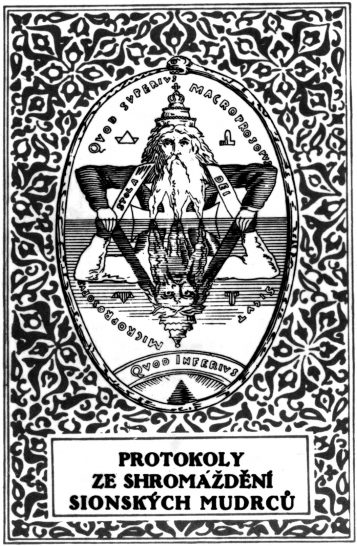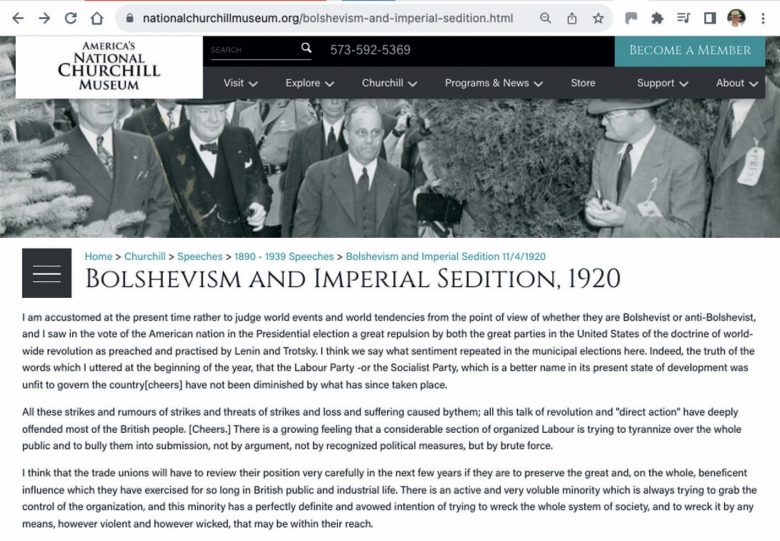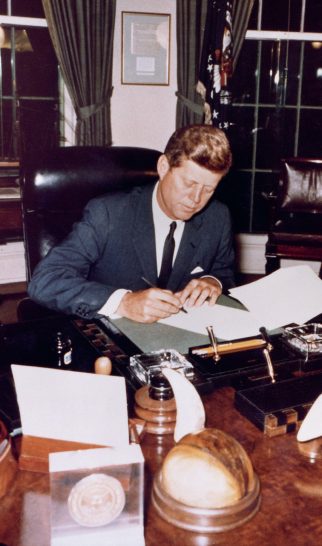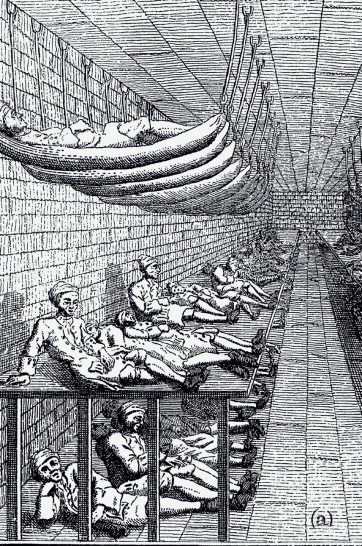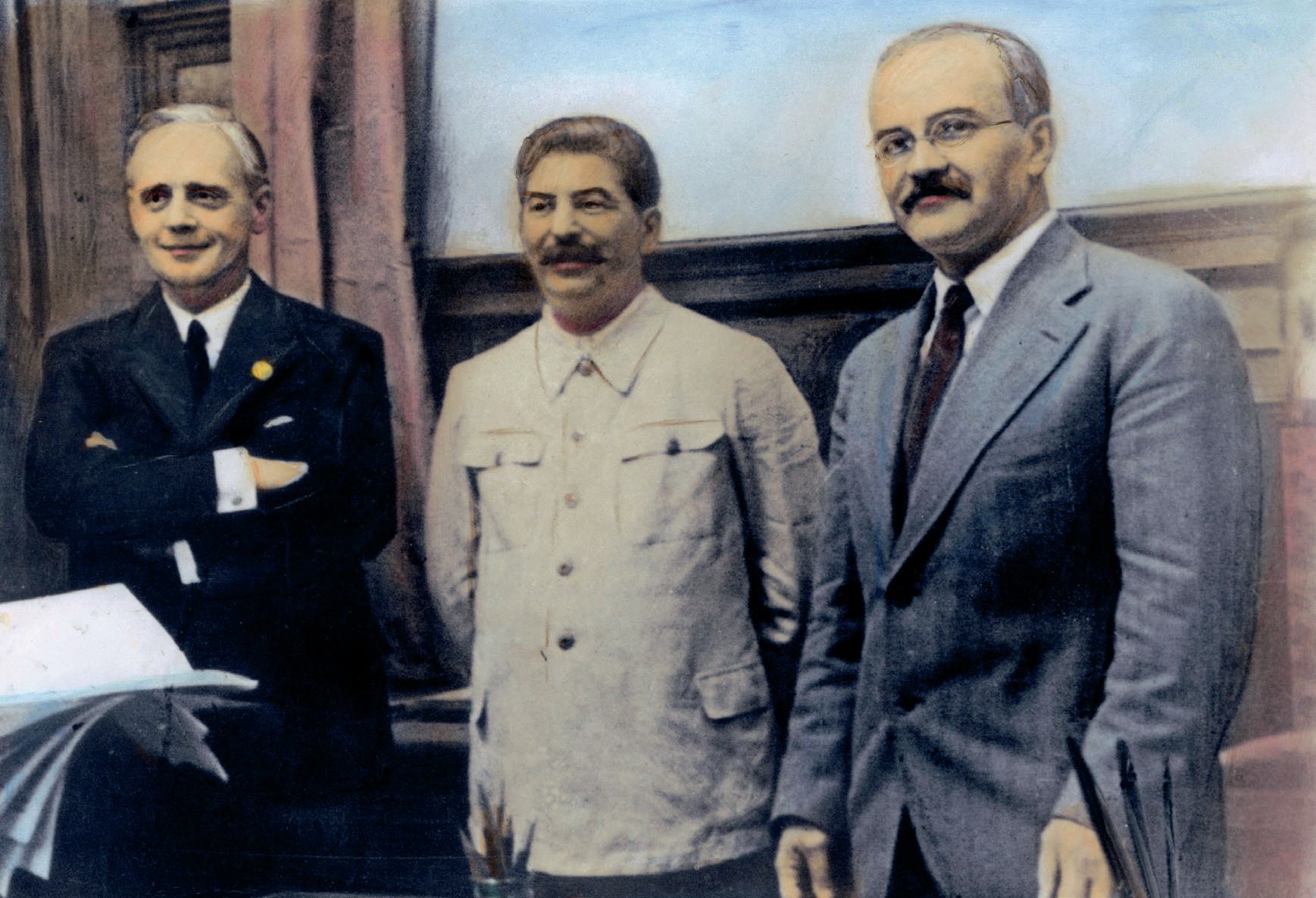
In questions regarding the consequences of a particular event students tend to focus their answers firmly in the short term. This can mean that they do not fully apply the knowledge they have to the question set, thereby penalising themselves substantially. Failure to evaluate the differing relative significance of consequences can mean that a student with excellent knowledge of both long- and short-term consequences does not attain as high a mark as he or she should.
The Nazi-Soviet Pact (23 August 1939) is the supreme example of realpolitik. Hitler and Stalin abandoned their own ideological rhetoric in favour of temporary expediency. In the short term, Soviet neutrality having been secured, Hitler felt confident enough to commence hostilities a year earlier than the Nazis had planned under the rearmament plan begun in 1936.
Your organisation does not have access to this article.
Sign up today to give your students the edge they need to achieve their best grades with subject expertise
Subscribe

